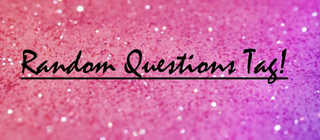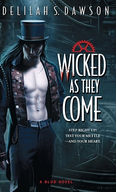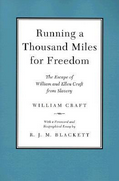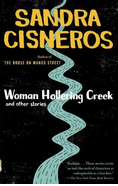One sentence summary: Throne of Glass is about an assassin named Celaena - who is now in a slave labor mine due to a betrayal - that is propositioned by the Prince of her Kingdom to fight in a tournament that will determine who the next King's Champion will be.
When I initially began reading Throne of Glass, I slogged through about 20% of it and was so unimpressed that I thought it would be a very rare DNF. But I was determined. So many people were raving about this that I kept convincing myself to read more. When I realized there were novellas, I thought that I would try to read them in order to establish the universe more. (This is already very telling of how weak I find the world building to be. You should never have to read a novella because you can't make it through the novel.)
After my four star review of The Assassin and the Empire, I was really hoping that returning to the actual book would be a more positive experience. The novellas cemented the world that Maas had created for me and I felt prepared to tackle the novel itself again; they also proved that she is a very capable storyteller. Unfortunately, I think the novel just can't compare to the atmosphere created by her shorter works.
The first thing that bothered me was the fact that the world worships a Goddess who has gods as her consorts, yet treats women as inferior. I cannot wrap my mind around this. Technically, women should be more powerful than they are because cultures and religion are almost one in the same: one always mimics the other. I started trying to justify it, thinking maybe it was one of those things where the gods were more important and the Goddess was more how we consider Mother Earth to be, but no, it's more important. She seems to be the most important deity. They have a High Priestess who runs church services... church services. As I mentioned before, religion and culture are so intertwined that to have a woman be the leader of a religious aspect of the world, but not in a secular aspect truly makes no sense (and is normally the other way around). Also, the fact that she has consorts, which means that the gods are inferior to her... I see no reflection of this whatsoever in the cultural attitudes of the people. This is a world-building mistake that I think most people will be able to get over, but it really bothered me.
(An example of well-done inclusion of culture and religion is A Game of Thrones. The religion changes the culture - or the culture changes the religion - depending on what the person believes in: the Great After, The Old Gods, R'hllor, The Seven, etc.)
The second thing to bother me was this: the lack of mention of Sam. After reading the novellas and learning about this character named Sam who played a very important role, this didn't make sense to me. I also had a problem with Dorian, the main love interest.
Warning: There is a bit of a love triangle in this story.
Disclaimer: I didn't
find it to be annoying.
Even though I didn't find the love triangle itself annoying, I did find the interest in Dorian to be distracting from the story and an unnecessary story arc. She immediately pounces on the opportunity to be in a relationship with him because he likes books and is handsome. I expect a bit more caution from someone who is an assassin.
Speaking of being an assassin... why was there so little murder or assassinations in this novel? There were so many passages telling me about how perfect Celaena was: she could play piano, she was beautiful, she was intelligent, she was witty, she was the best assassin ever... which makes me wonder what kind of second-rate assassins she must have been running with because, seriously, why the hell wasn't there any assassinations happening? Show. Don't tell. I don't care how much you hit me over the head with Celaena's bad assery, if I never see it, it doesn't exist.
I also had some trouble figuring out who was narrating. There were many times when it was a close third person narration of Dorian or Chaol, the other main male character, but then something would happen and the narration would say that the narrator didn't see it. If the narrator didn't see it, then how could the reader see it? I can think of a particular moment when it is Dorian who is narrating the chapter, but something happens behind his back that Chaol sees. If Dorian didn't see it, how did I learn about it in that chapter? Who is narrating that scene? I think part of the reasons Maas' novellas were so strong in their narration was that they were solely through Celaena's eyes. Switching between narrators can be done and I tend to like books more when there is more than one narrator, however the multiple narrations in this novel were executed poorly.
Creating an entirely new world is a struggle and I congratulate Maas for being able to come up with some really creative plot points and details. I like that she includes other races, which is a rarity in YA books. I like that two girls can talk to each other and be friends without all the cliche girl-hate. Thank you, Maas, for that! It's very needed in the YA world.
I originally ended this on a different note, but I have deleted the ending of my original review because I'm not sure who I would recommend this to anymore. I suppose all I can say is that most people seem to enjoy it, but I just can't bring myself to overlook what I find to be glaring holes in her world building and narration.
And now you know what I dislike about Throne of Glass. I'll upload my Crown of Midnight review tomorrow, but that one will take a bit more re-working than this one did. I was pretty angry after I finished that one...












































